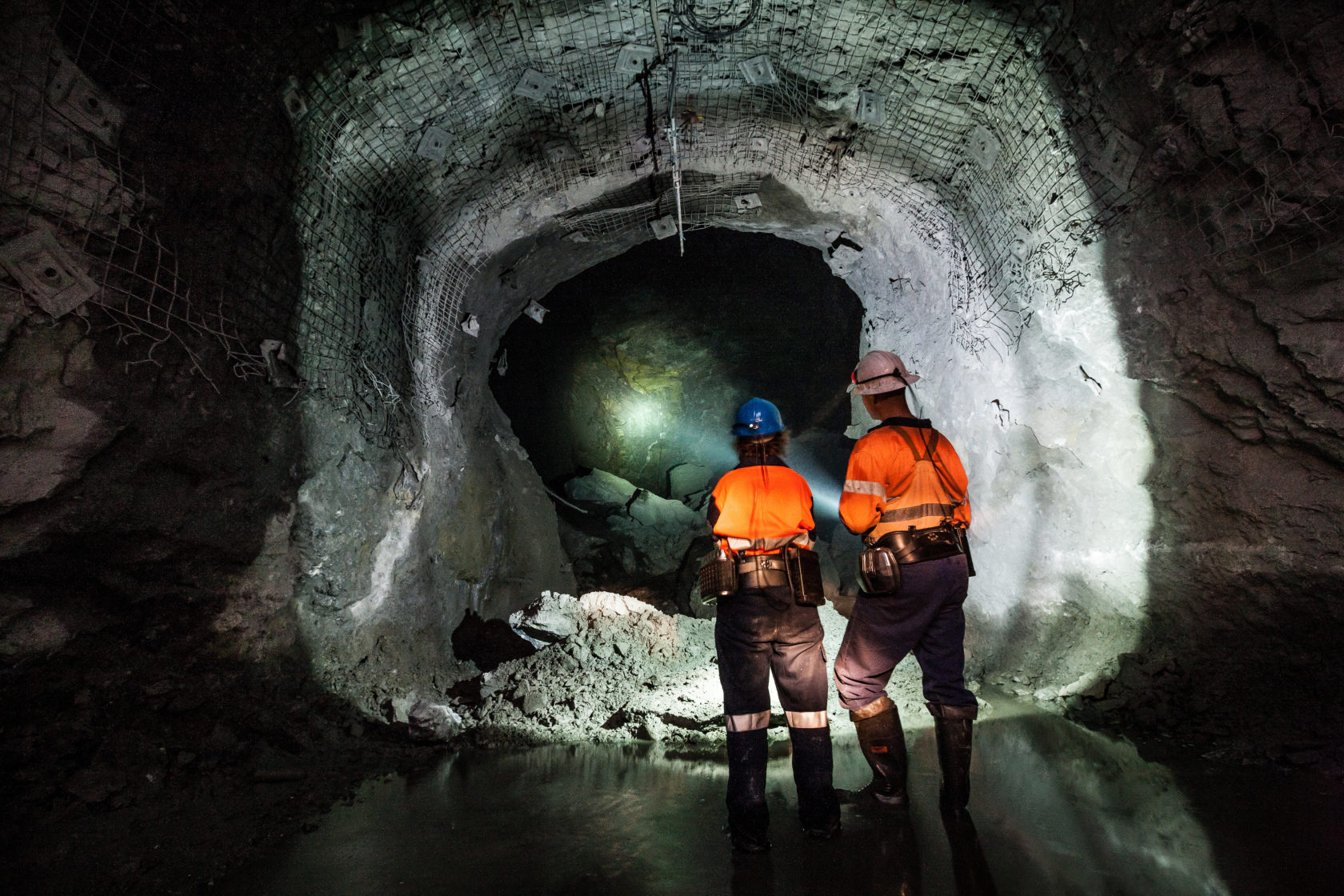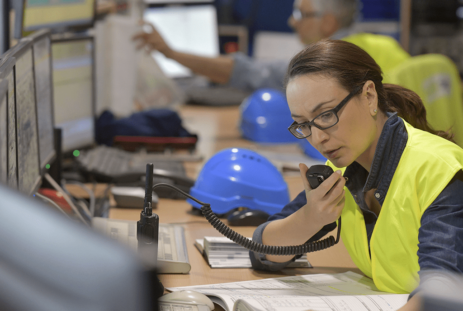
Empowering Rural Canadians with Digital Skills for the Natural Resource Sectors
AN IMPACT STORY
How digital technology is opening doors for Tyson Smith and other Kootenay residents.

Helping rural communities like Cranbrook employ skilled digital talent and support digital transformation in the natural resource sectors.
Canada’s natural resources sector is embracing and advancing digital transformation to drive sustainability goals, improve globally competitiveness, ensure the ongoing leadership of the sector in Canada’s economy and create high quality jobs. Ensuring people have the digital skills to work in this new environment is critical.
Teck Resources, a Canadian-based global leader in mining is deploying autonomous vehicles to move ore using digital sensors to improve digging and applying data analytics to ensure safe and efficient operations. Teck needs to make sure it has a pipeline of trained and skilled talent to advance its commitment to digital transformation.
In collaboration with Teck, British Columbia Institute of Technology (BCIT), and the College of the Rockies (COTR), are working together to kick-start careers that support these game-changing innovations through a new, two-year, Wireless Systems Technician diploma program. Through this project, students learn to install, maintain and repair equipment related to automated control and monitoring systems used in natural resources and manufacturing.
Focused on B.C.’s East Kootenay region, the project aims to enable graduates to stay close to home while supporting sustainable community development and reducing travel and other industry expenses.
Cranbrook, a picturesque city in southeastern B.C. with a population of about 20,000 people, is not a place you’d instantly associate with technology. But the Wireless Systems Technician program is equipping Tyson Smith and other students with the digital skills to install and maintain remote telecommunications systems, while also preparing them to work with other innovative technologies.
“Cranbrook is a beautiful community with all a city has to offer but with a small-town friendliness,” says Tyson, a lifelong Cranbrook resident. “I want to live somewhere I can enjoy the environment. Having the option to go walk through the forest trails with my dog or on a bike and to get the alone time is something an introvert like me greatly appreciates. It’s my hope that this program will give me the skills and knowledge I can use to find a great job without having to move to a big city.”
Tyson is one of several residents in the Kootenay region learning new skills that will enable him to pursue an exciting tech career close to home and nature.
“The Wireless Systems Technician program is taking a hobby I’ve had most of my life and making a profession of it. I believe that programs and progress in automation will be our route to a sustainable environment,” he notes.
Tyson adds:
“I enrolled in this program because I see the potential of technology giving us long-term solutions to many of the problems the world is facing. I’m excited to learn about all the internal workings of devices we use every day.”
According to Jack Moes, COTR’s Dean of Trades & Technology, the Supercluster’s investment in the program is a “critical part of its success to ensure that students in the program have what they need to effectively learn the required skills. The region, a key employer, and most importantly, the students have a significant stake in the project as well as the anticipated successful creation of an ongoing new technology program. This cannot be achieved without continued support from the Supercluster.”
Learn More About the Wireless Systems Technician Program“As automation becomes more commonplace, College of the Rockies has been seeking a technology program that fits with our economic and geographical context. This program meets a regional economic demand, attracts students from elsewhere and delivers a designation appealing to those looking to move into a new technology-focused field that has promising labour market demand. Without this investment, we would not have been able to launch this advanced technology program,” says Robin Hicks, COTR’s Vice-President of Academic and Applied Research.


